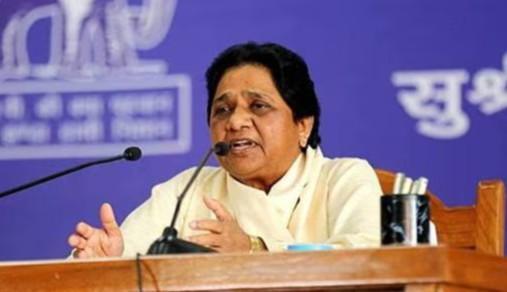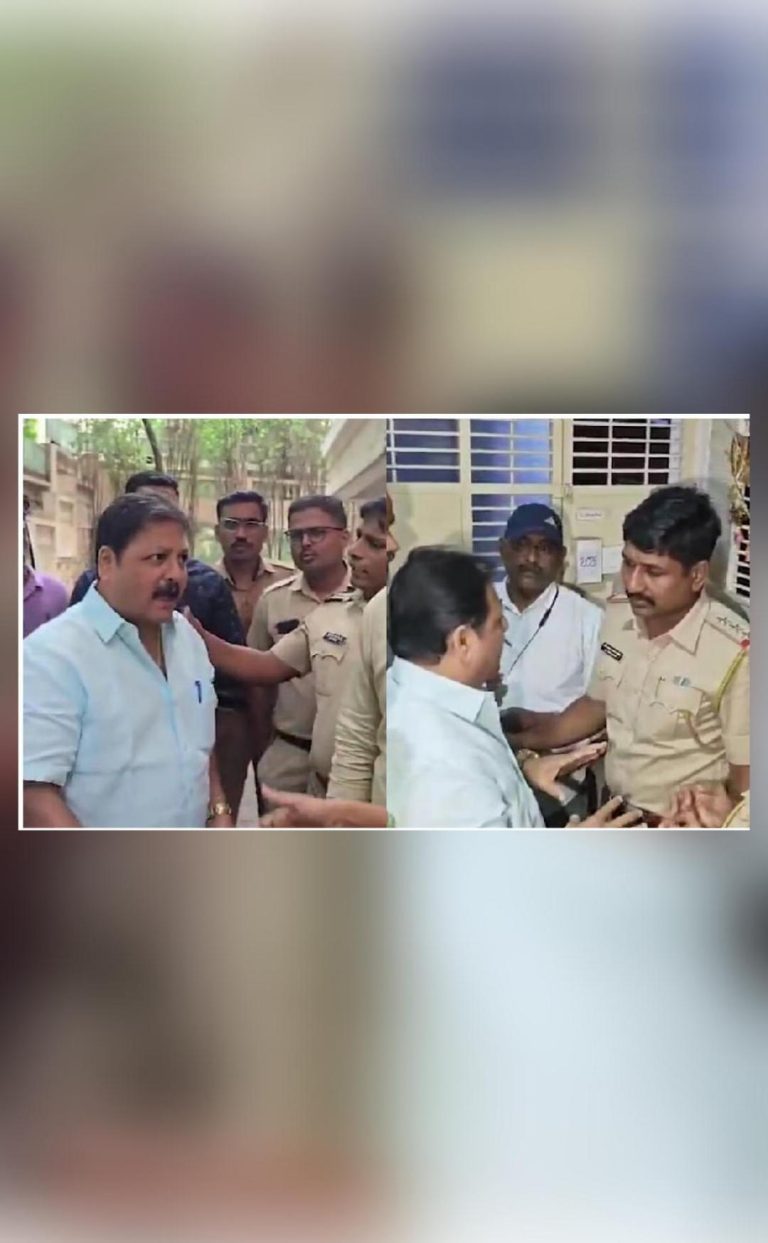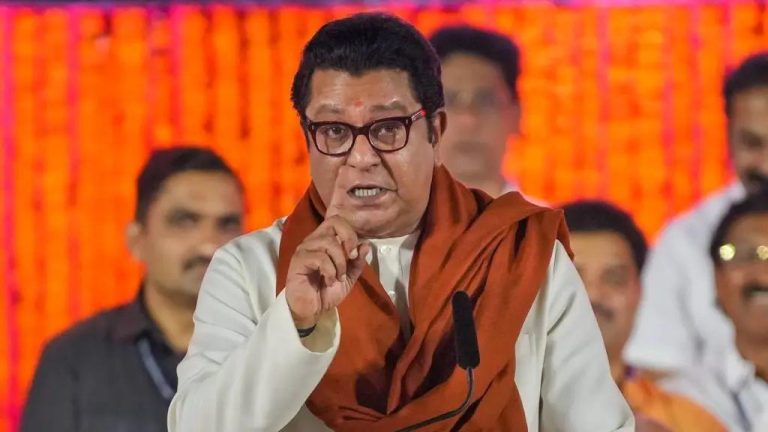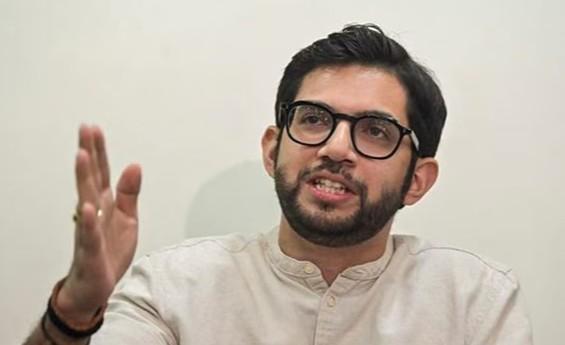
Mayawati Slams UP Government’s School Merger Policy
The Uttar Pradesh government’s decision to merge schools with less than 50 students with nearby institutions has sparked outrage among educationists and politicians alike. The latest to join the chorus of criticism is Bahujan Samaj Party (BSP) chief Mayawati, who has termed the decision as “unjust, unnecessary, and anti-poor”. In a scathing attack on the UP government, Mayawati said that the decision will affect children who receive accessible government education near their homes.
According to reports, the UP government has decided to merge schools with less than 50 students with nearby institutions to reduce the financial burden on the state exchequer. The move is aimed at consolidating resources and improving the overall quality of education in the state. However, critics argue that the decision will lead to the closure of schools in rural areas, making it difficult for children to access education.
Mayawati, in a statement, said that the UP government’s decision is a move to “punish the poor and the marginalized” and will have a devastating impact on the education sector. She pointed out that children from poor and marginalized communities rely heavily on government schools, and the merger policy will deprive them of access to quality education.
“The UP government’s decision is a clear attempt to destroy the education system in the state. It is unjust, unnecessary, and anti-poor. The decision will affect children who receive accessible government education near their homes. If the BSP forms the next government in the state, we will cancel this decision and ensure that every child has access to quality education,” Mayawati said.
Mayawati’s criticism of the UP government’s decision has been echoed by several educationists and activists who have raised concerns about the impact of the merger policy on children’s education. “The decision is a classic example of the UP government’s lack of concern for the education of children from poor and marginalized communities,” said a leading educationist. “The government is more interested in saving money than in providing quality education to children.”
The UP government’s decision has also been criticized by several opposition parties, including the Congress and the Samajwadi Party. “The decision is a move to privatize education and deprive children of their right to education. We will strongly oppose this decision and ensure that every child has access to quality education,” said a Congress spokesperson.
The merger policy has been implemented in several districts across the state, including Lucknow, Kanpur, and Varanasi. According to reports, over 1,000 schools are expected to be merged in the next few months. However, the decision has been met with resistance from teachers, students, and parents who are fighting to save their schools.
The debate over the UP government’s decision has highlighted the need to re-examine the education policy in the state. While the government claims that the merger policy is necessary to improve the quality of education, critics argue that it is a move to destroy the education system and deprive children of their right to education.
In conclusion, the UP government’s decision to merge schools with less than 50 students with nearby institutions has sparked outrage among educationists and politicians alike. Mayawati’s criticism of the decision has been echoed by several opposition parties and educationists who have raised concerns about the impact of the merger policy on children’s education. As the debate continues, it is clear that the future of education in UP hangs in the balance.


